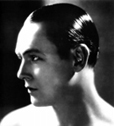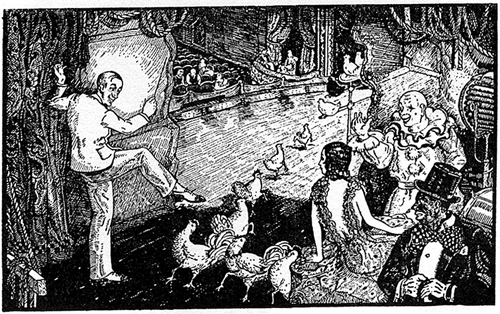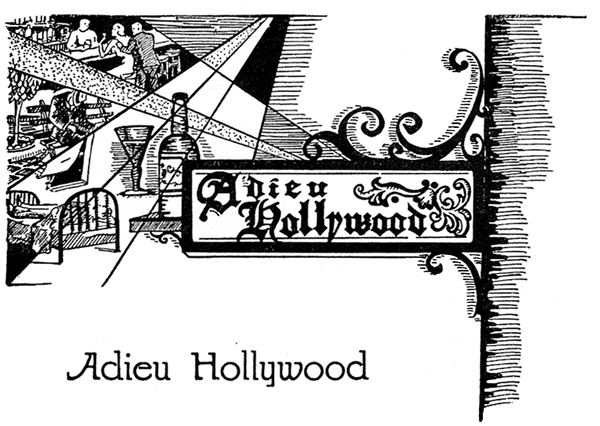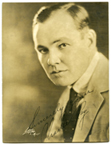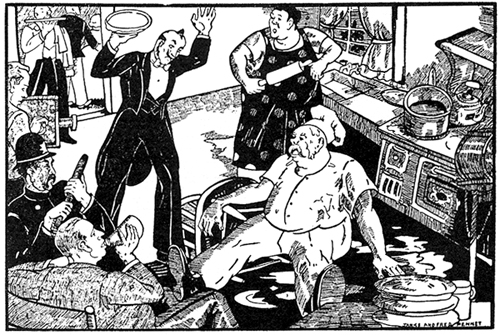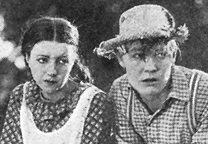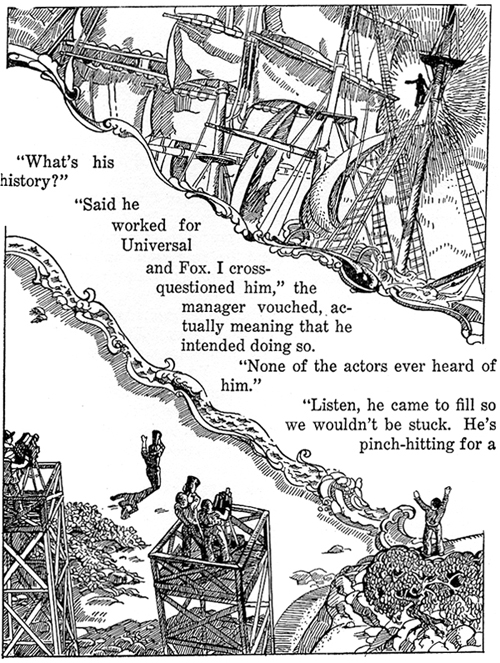 Charles Ray was a popular juvenile star in the 1910s and ’20s, but by the ’30s, his career was on the rocks, and he turned to writing.
Charles Ray was a popular juvenile star in the 1910s and ’20s, but by the ’30s, his career was on the rocks, and he turned to writing.Here’s another in a series of offerings from his book, Hollywood Shorts, a collection of short stories set in Tinseltown.
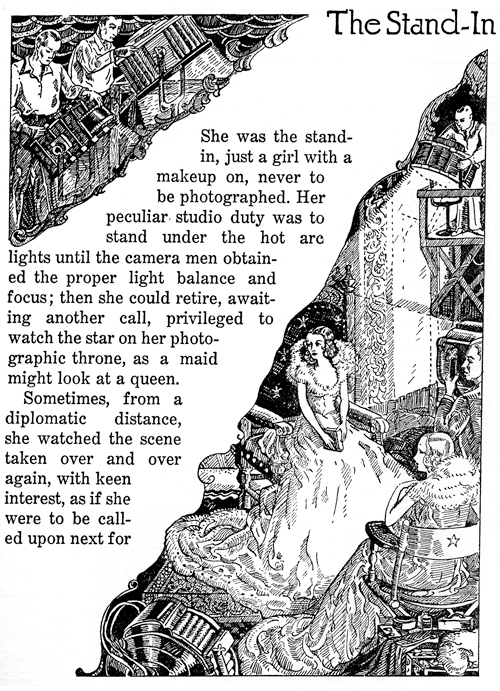
talent. But that indulgence had its monotonous reaction, for she was only the stand-in, just a girl with a makeup on, never to be photographed.
During the long day she could look at a movie magazine and absorb the happy glamorous life the stars were supposed to live. Yet she remained as distant from it and Hollywood as any ambitious youth who might be reading the same publication in some obscure eastern village, for she was only the stand-in, just a girl with a makeup on, never to be photographed.
Between scenes, if some noisy conference got under way, she could have a romp with the star’s pet pooch, provided she did not cause it to bark. Or she could indulge in a whispered conversation with the double, or work out a cross-word puzzle, or sit and dream and dream—any number of things in fact, if like a chastised child she was seen and not heard.
But there was more freedom when the director called lunch. She could hurry to the counter, and by picking the proper stool, sit and watch the famous personages through the half-drawn curtains of the private dining room.
The rest of the hour she could saunter about the lot, four blocks square—a city in itself—and gaze at the strange make-believe scenery the carpenters and painters were creating to enhance new scenarios. As she trudged over the cobblestones of a foreign-looking square, there was the thrill of dreaming about the characters that would soon inhabit and then desert it.

